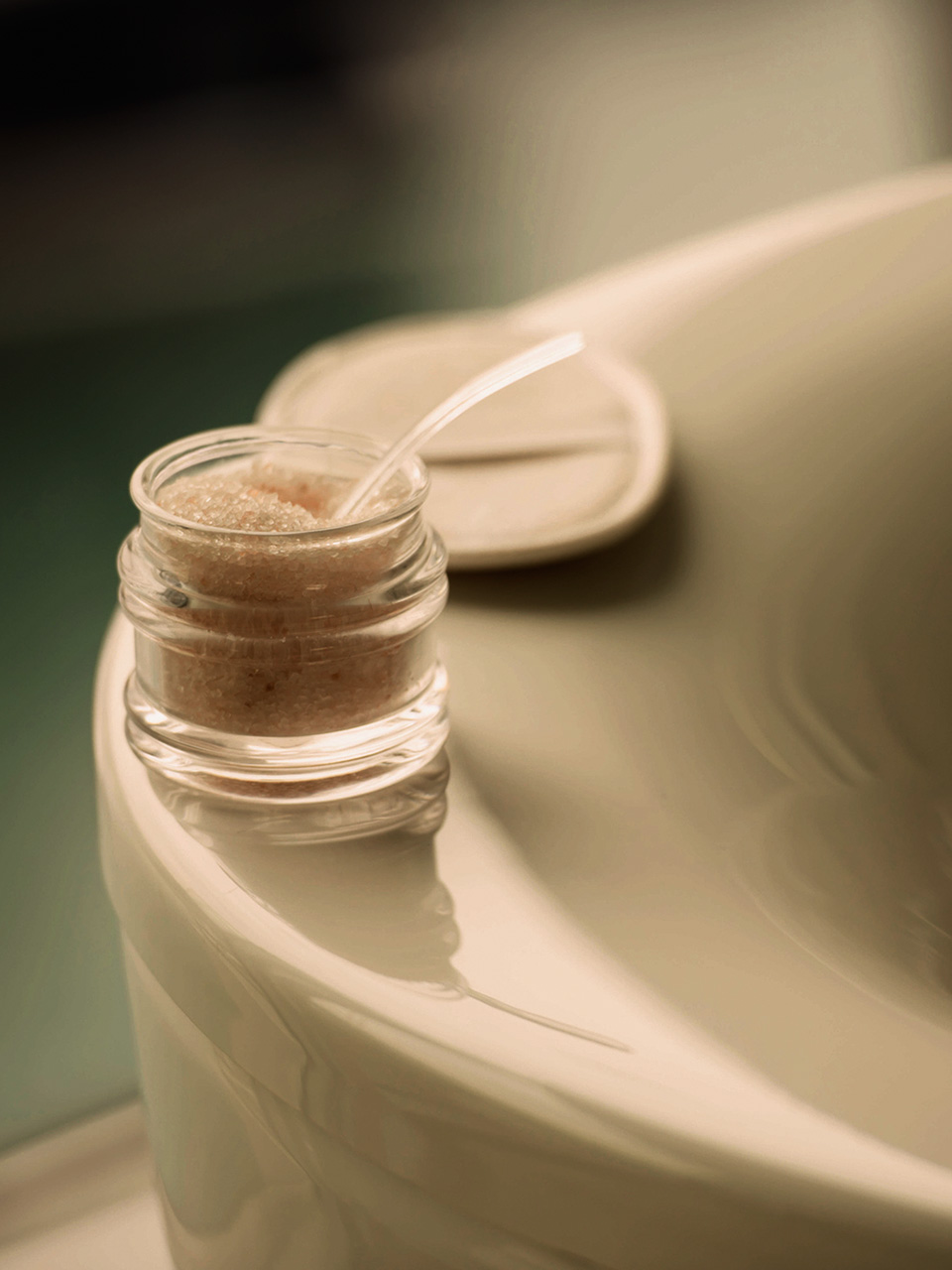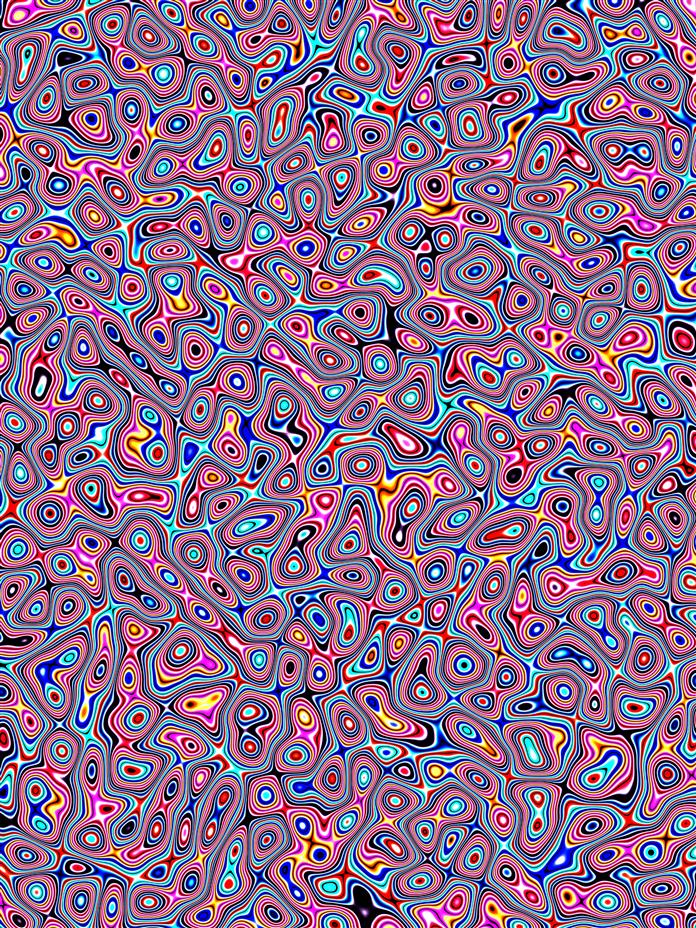
Tap to Read ➤
Epsom Salt Bath
Loveleena Rajeev


Having a bath with Epsom salt is a traditional way to relax, and relieve oneself of all aches and pains. Read more on the advantages one derives from an Epsom salt bath.

Epsom salt is the hydrated form of magnesium sulfate, a chemical compound containing magnesium, sulfur and oxygen. It was first obtained by boiling down magnesium sulfate-rich mineral waters of Epsom, England in 17th century. Since then it has been tried, tested and used extensively for health, beauty, household and commercial cleaning and organic gardening.

Benefits of Epsom Salt Bath

Relaxation
The use of Epsom salt to relieve aches and pains is not new, nor is the concept of soaking your feet in lukewarm salt water after a long tiring day. Epsom salt is famed to help relieve muscle cramps, soothe the tensed muscles, reduce the swelling or inflammations of sprains, heal bruises, etc.

Magnesium and sulfate are absorbed through the skin. Soaking in this solution-mixed bath induces a feeling of relaxation and well-being. It is believed that soaking in a warm bath, containing this salt, will soothe and relieve itching and breakouts caused by herpes.

For Detoxification
As Epsom salt is very high on magnesium and sulfate content, it can help the system alleviate environmental as well as internal impurities. The process of reverse osmosis comes in play while detoxifying the body. Osmosis is the movement of water molecules from an area of high concentration to that of low concentration, across a membrane.

In reverse osmosis, water molecules move from a low concentration to a high concentration. The salts pull out toxins from the cells of the body through reverse osmosis. This also relieves constipation.

During Pregnancy
Pregnancy, though an exciting time for a woman, is filled with aches and pains. A warm bath with this salt will help relieve many of these pains associated with pregnancy. Magnesium sulfate treats eclampsia, an acute and life-threatening complication of pregnancy.

It can also prevent cerebral palsy in babies who are born premature, and also help in delaying premature labor. However, how much it actually benefits a pregnant women is quite disputed. Hence, it would be advisable to consult your gynecologist before using this salt for a bath.

Side Effects
- The use of Epsom salt should be moderate, for when its use is prolonged, it tends to lead one to fall asleep. Sleeping in the bathtub is not safe, due to the risks of drowning.
- Some users have complained of diarrhea after prolonged and repetitive bathing in Epsom salt.

- If you have any allergies, especially to sulfur, its best to avoid using this salt, as it can aggravate your condition.

Usage
Epsom salt is available in crystal, powder, and gel form from the local drugstore.
- For a soak or a bath, add 2 cups Epsom salt to warm water.
- To use it as facial cleanser, mix a quarter teaspoon of Epsom salt with your cleansing cream lotion. Massage into skin in circular motions, and rinse with cold water.

- If you want to remove excess oil or grime from your hair, add a tablespoonful to two tablespoons of shampoo.

Disclaimer: This is solely for informative purpose and not intended to replace the advice of medical experts.